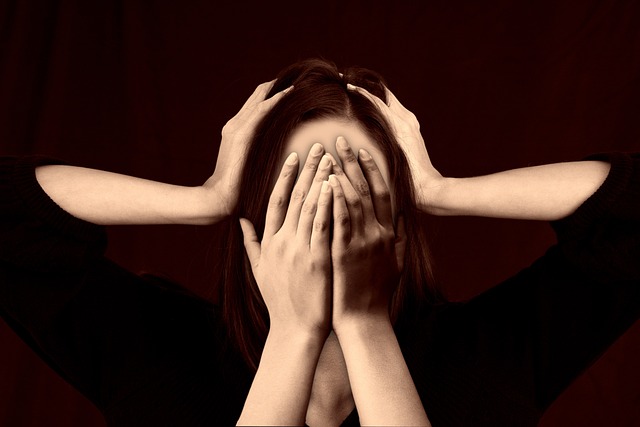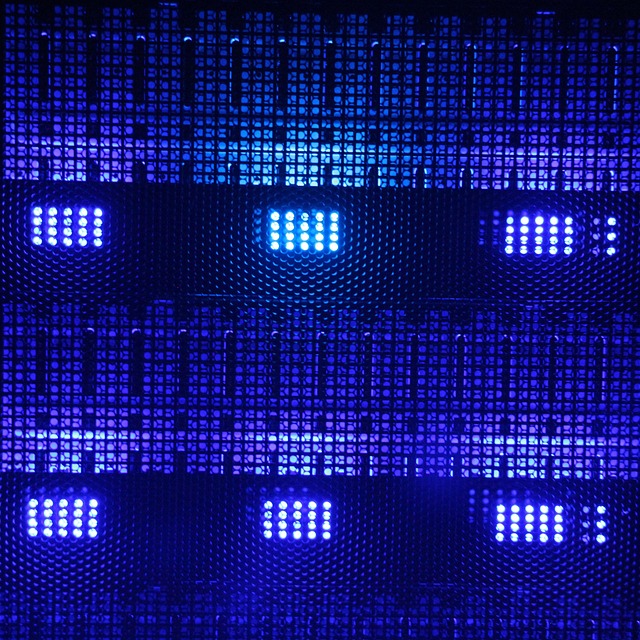
Icd-10 Code For Major Depressive Disorder
Introduction
The International Classification of Diseases, Tenth Revision (ICD-10) provides a standardized system for diagnosing and classifying diseases, including mental health disorders. One of the most significant mental health conditions categorized within this system is Major Depressive Disorder (MDD). Understanding the ICD-10 code for MDD is essential for healthcare professionals, researchers, and policymakers involved in mental health care.
Understanding Major Depressive Disorder
Major Depressive Disorder is characterized by persistent feelings of sadness, loss of interest or pleasure in activities, and a range of emotional and physical symptoms that can significantly impair daily functioning. According to the ICD-10, MDD is classified under the code F32, which encompasses various forms of depressive episodes.
ICD-10 Code for Major Depressive Disorder
The specific ICD-10 code for Major Depressive Disorder is F32.9. This code is designated for cases of depression that are not specified as being of a particular type or severity. It is important to note that the F32 code includes several subcategories that detail the nature of the depressive episode:
- F32.0: Major depressive disorder, single episode, mild
- F32.1: Major depressive disorder, single episode, moderate
- F32.2: Major depressive disorder, single episode, severe without psychotic features
- F32.3: Major depressive disorder, single episode, severe with psychotic features
- F32.4: Major depressive disorder, single episode, in partial remission
- F32.5: Major depressive disorder, single episode, in full remission
- F32.9: Major depressive disorder, single episode, unspecified
Symptoms of Major Depressive Disorder
Individuals diagnosed with Major Depressive Disorder may experience a variety of symptoms, which can include:
- Persistent sadness or low mood
- Loss of interest or pleasure in activities once enjoyed
- Changes in appetite or weight
- Sleep disturbances, including insomnia or hypersomnia
- Fatigue or loss of energy
- Feelings of worthlessness or excessive guilt
- Difficulties in concentrating or making decisions
- Recurrent thoughts of death or suicide
These symptoms can vary in intensity and duration, and they may significantly affect an individual's ability to function in daily life.
Diagnosis and Treatment
Diagnosing Major Depressive Disorder typically involves a comprehensive assessment by a qualified mental health professional. This assessment may include clinical interviews, standardized questionnaires, and a review of the individual's medical history. The ICD-10 coding system aids in this process by providing a clear framework for classification.
Treatment for Major Depressive Disorder often involves a combination of pharmacological and psychotherapeutic approaches. Antidepressant medications, such as selective serotonin reuptake inhibitors (SSRIs), are commonly prescribed. Additionally, various forms of talk therapy, including cognitive-behavioral therapy (CBT) and interpersonal therapy (IPT), have been shown to be effective in managing symptoms.
Conclusion
The ICD-10 code for Major Depressive Disorder, F32.9, serves as a crucial tool for healthcare providers in diagnosing and treating this prevalent mental health condition. By understanding the classification and symptoms associated with MDD, professionals can better address the needs of individuals affected by this disorder. Continued research and education in the field of mental health are essential for improving outcomes and reducing the stigma associated with depression.

















 What is MATLAB?
What is MATLAB? 
 Health
Health  Fitness
Fitness  Lifestyle
Lifestyle  Tech
Tech  Travel
Travel  Food
Food  Education
Education  Parenting
Parenting  Career & Work
Career & Work  Hobbies
Hobbies  Wellness
Wellness  Beauty
Beauty  Cars
Cars  Art
Art  Science
Science  Culture
Culture  Books
Books  Music
Music  Movies
Movies  Gaming
Gaming  Sports
Sports  Nature
Nature  Home & Garden
Home & Garden  Business & Finance
Business & Finance  Relationships
Relationships  Pets
Pets  Shopping
Shopping  Mindset & Inspiration
Mindset & Inspiration  Environment
Environment  Gadgets
Gadgets  Politics
Politics 